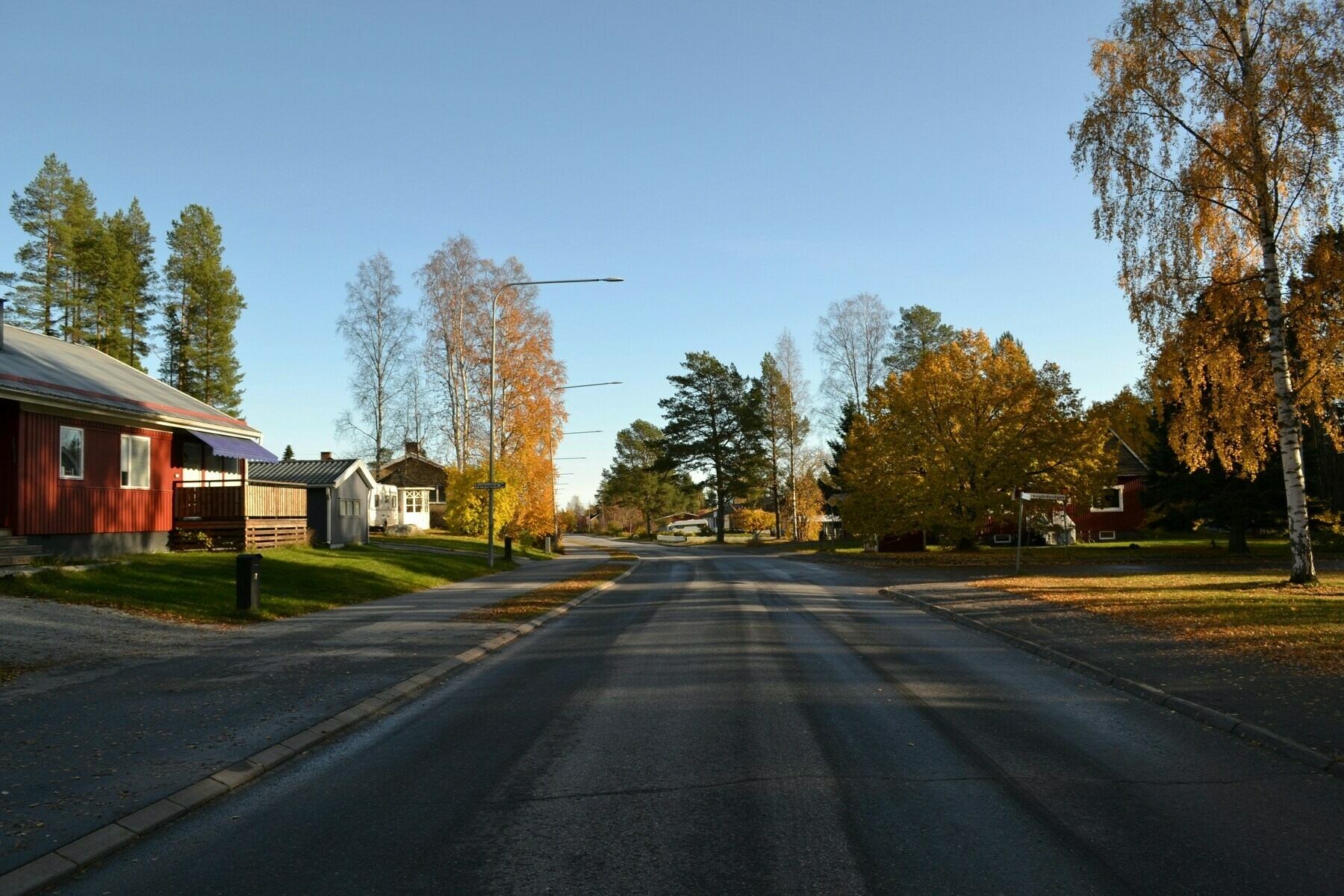Transportation is about bodies

Photo by Nadia Dulina on Unsplash
The other day I was visiting my in-laws at their airy suburban home on a quiet street just east of Toronto. It was sunny and mild, the sort of April day that, to someone who lives in southern Ontario, carries the promise of spring. There was a birthday in the family, so I popped out in the car to get some flowers from a grocery store, and then stopped at a Starbucks to get some treats for my nephews. It was all quite simple and straightforward — parking was easy to find, there were no traffic slowdowns, and the trip wasn’t tiring.
This is suburban life, at least for some: an existence in which the day-to-day is mediated by mechanisms of bodily comfort. You move from a comfortable home to another comfortable place in your comfortable car.
I’m generalizing, of course, evading the obvious privilege at work. But I’m doing so to emphasize the point that debates over transportation and urbanism often skirt over a basic issue. Yes people care about travel times, how busy the roads are, how crowded their bus or subway is. Many also care about the external costs of those things. But at root, people are focused on one thing: their own bodies — that is, the personal and social choices made about transportation are implicitly not just about “a standard of living” but about keeping the body comfortable.
That is reductive, but I think it is usefully so. Consider: here in Toronto, being outdoors can often be unpleasant. From November to April, it is often cold or wet or windy or a combination of all three. By the same token, being outside at 2 p.m. on an August afternoon frequently isn’t great either — especially if you are traveling, and doubly so if you intend to arrive at your destination dry and comfortable, rather than sticky and annoyed.
For many people, cars and suburban homes are obvious solutions to these problems. A climate-controlled car that moves from driveway to parking area is a key way to avoid the indignities of fighting damp or bitter cold, or humid or scorching heat.
And it does in fact feel like an indignity. To be sweating while walking to the subway or frozen while waiting for a bus is the kind of thing that feels like hardship whether or not it “actually” is. As we ride our bikes or wait for transit and are faced with our physical discomfort, we then dream — one day I will own a car and be free of this — and it is the body that is at the core of our aspiration.
A while ago, Ontario Premier Doug Ford announced he was going to rip out some key bike lanes in Toronto. Reaction from cyclists was swift and predictable, and the objection as to what was wrong with the decision was: this is going to kill cyclists.
They’re probably not wrong. The fury around bike lanes and its relation to corporeal fear make it clear that the thing in question in transportation debates isn’t about the efficacy of how we move people around; it’s about bodies.
That is and has been obvious to cyclists. Anyone on a 30 lb. bike surrounded by three-ton cars can tell you why.
But it should be obvious that the primacy of the car is also about the body — that people aren’t thinking of cars as convenient in an abstract way, but in a way that is very much about their own skin.
But to make it clearer still — when those of us in favour of more sustainable and equitable transportation options talk about “reducing car usage” it sounds to drivers like you are saying this: you will be more physically uncomfortable; and we are asking for you to accept a drop in your standard of living.
I cannot stress the extent to which this sounds insane to most people who live in countries that are overwhelmingly suburban such as Canada, the United States, or the U.K. Not that is insane, mind you, or bad — that the push for greener transportation options isn’t driven by a consideration of the many externalities of car dependency, or a hundred other very legitimate reasons that we should in fact reduce car usage.
I’m just saying that as a person who spends a lot of time in the suburbs: to “most people” — and I here I don’t mean most people in a generic, metaphorical sense, but in a literal and political sense — bike lanes and transit and so on don’t sound so much like options as much as the ravings of a crazy person. And it all sounds insane because the vast majority of them are concerned about their bodily comfort, and we are asking them to be less comfortable. We are saying what at least sounds to them like “you are going to have face your own body and feel more uncomfortable.” Any approach to changing transportation habits or making the case for why we should has to, in some way or another, deal with that simple fact.